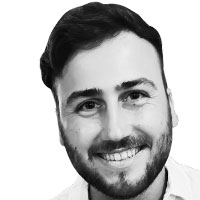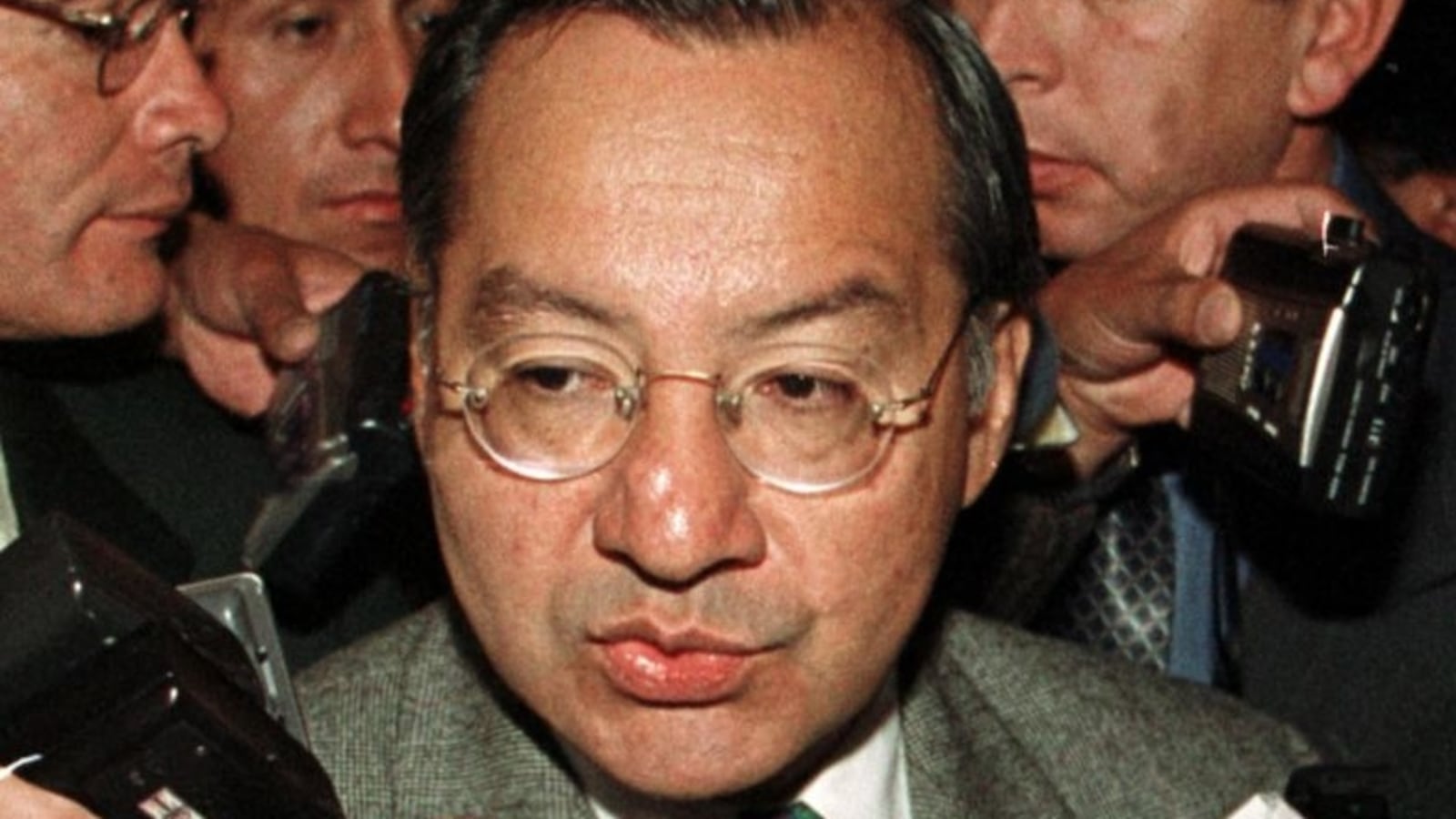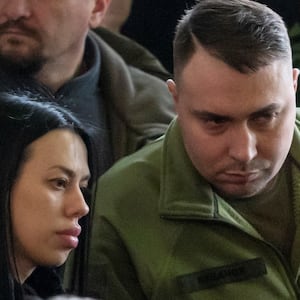Federal prosecutors revealed Monday that they nabbed Manuel Rocha, the former U.S. ambassador to Bolivia who was arrested on accusations he spied for Cuba, by tricking him into believing an FBI agent was his new contact from the Cuban government.
Victor Manuel Rocha, 73, was detained in Miami on Friday after he allegedly told an undercover agent he’d been a “grand slam” foreign agent for more than four decades, the Department of Justice said in a statement.
The feds said the FBI had been meeting with Rocha since last year, tricking him into believing an undercover agent was really a covert Cuban General Directorate of Intelligence representative who was sent to “establish a new communication plan” with him.
Initial contact between the agent and Rocha was made over WhatsApp, with a federal complaint saying an undercover agent messaged Rocha, “I have a message for you from your friends in Havana.”
In subsequent communication, the complaint said Rocha, who was the U.S. ambassador to Bolivia between 1999 and 2002, referred to the United States as “the enemy.” It alleges he also praised the Cuban government, its former dictator Fidel Castro, and used “we” when referring to Cuba.
Rocha is also accused of referring to his contacts in Cuban intelligence as his “Compañeros” (comrades), Castro as the “Comandante” (commander), and to the Cuban intelligence services as the “Dirección” (direction).
Rocha met with the undercover agent three times in person, the complaint said, with the first meeting taking place outside a church in Miami’s Brickell neighborhood.
Prosecutors allege that Rocha took a circuitous route to the church, which they allege was Rocha’s effort to determine if he was being followed. They added that Rocha stopped at a location for several minutes to scout the meeting place before eventually parking and walking up—actions they insinuated were proof he had training as a covert agent.
During the meeting, Rocha allegedly advised the undercover agent that he never uses Cuba or Havana in his communication, and instead refers to Cuba as simply “the island.” The complaint said he also told the agent he doesn’t write anything down—for security purposes—and instead relies on his memory.
When asked in a second meeting if Rocha would be willing to covertly work with the Cuban government again, the complaint said he told the undercover agent that the request wasn’t necessary because he’d immediately divulge any information of use he obtained about the U.S. government.
“You guys don’t even have to propose that,” he allegedly said. “If I had access to something that was worthwhile, I would propose it.”
When asked about his current loyalty to Cuba, the complaint alleges that Rocha became enraged, equating it to questioning his manhood.
“I am angry. I am pissed off,” he said, according to the complaint. “It’s like questioning my manhood... It’s like you want me to drop them and show you if I still have testicles.”
Rocha allegedly told the agent that the only way he could get caught is by someone’s “betrayal.” The complaint said the FBI began probing Rocha after receiving a tip that he was a foreign agent, but it did not identify who divulged Rocha’s alleged status to the feds.
The complaint also didn’t detail what information Rocha was able to provide to Cuban authorities in his time as an alleged spy, but Attorney General Merrick Garland wrote in a statement that the former diplomat tried to “affect U.S. foreign policy.”
“This action exposes one of the highest-reaching and longest-lasting infiltrations of the United States government by a foreign agent,” Garland wrote, adding that Rocha’s actions are “a crime that will be met with the full force of the Justice Department.”
Rocha had a 25-year diplomatic career in the U.S. that spanned both Democratic and Republican administrations. He spent much of his tenure in Latin America during the Cold War, a period of particularly strained relations between the U.S. and Cuba.
Between 2006 to 2012, Rocha was an adviser to the commander of the U.S. Southern Command, a joint command of the military whose coverage area included Cuba.
An online biography page for Rocha said he was born in Colombia but was raised in a working-class home in New York City. He studied at Yale, Harvard, and Georgetown. He did not hold a role in the U.S. government at the time of his arrest.
Rocha was arrested in Miami on a trio of spy-related charges, including conspiring to act as an agent of a foreign government, acting as an agent of a foreign government, and using a passport obtained by false statement. His first court appearance was scheduled to be Monday.
Rocha’s wife, Karla Wittkop Rocha, refused to comment to the Associated Press when reached by phone, saying, “I don’t need to talk to you” before hanging up. She was photographed outside a Miami courthouse on Monday.






